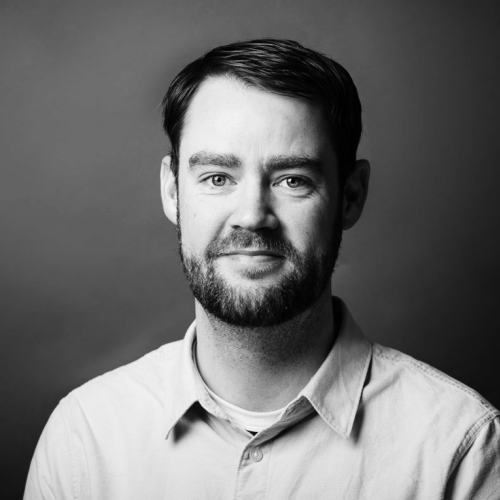
Volodymyr Kindratenko
I am a Senior Research Scientist at the National Center for Supercomputing Applications (NCSA), an Adjunct Associate Professor in the department of Electrical and Computer Engineering (ECE) and Research Associate Professor in the department of Computer Science (CS) at the University of Illinois at Urbana-Champaign (UIUC). I received the D.Sc. degree from the University of Antwerp (UIA), Belgium, in 1997 and the Specialist degree from the Vynnychenko State Pedagogical University (KDPU), Kirovograd, Ukraine, in 1993. Prior to becoming a Research Scientist, I was a Postdoctoral Research Associate at NCSA.

Jean-Pierre Hubaux
Jean-Pierre Hubaux is a full professor at EPFL and head of the Laboratory for Data Security. Through his research, he contributes to laying the foundations and developing the tools for protecting privacy in today’s hyper-connected world. He has pioneered the areas of privacy and security in mobile/wireless networks and in personalized health.
He is the academic director of the Center for Digital Trust (C4DT). He leads the Data Protection in Personalized Health (DPPH) project funded by the ETH Council and is a co-chair of the Data Security Work Stream of the Global Alliance for Genomics and Health (GA4GH). From 2008 to 2019 he was one of the seven commissioners of the Swiss FCC. He is a Fellow of both IEEE (2008) and ACM (2010). Recent awards: two of his papers obtained distinctions at the IEEE Symposium on Security and Privacy in 2015 and 2018. He is among the most cited researchers in privacy protection and in information security.
Spoken languages: French, English, German, Italian

Lawrence Lundy-Bryan
Lawrence is a deep tech researcher and investor. He is a Partner for Research at Lunar Ventures, a deep tech venture fund where he focuses on horizon scanning. He developed stateofthefuture.xyz, a deep tech tracker, monitoring over 100+ technologies, and writes weekly stateofthefuture.substack.com. He published an investment thesis on privacy-enhancing technologies in 2021. He has previously advised the UK Government, EU Commission, and World Economic Forum on emerging technologies.

Adri Purkayastha
Adri Purkayastha is currently Group Head of AI and Digital Risk Analytics at BNP Paribas S.A. In this role, his span of responsibility includes all Brands and Subsidiaries, across Domestic Markets, International Financial Services and Corporate & Institutional Banking. He focuses on developing, championing, and building an enterprise-wide understanding of AI/ML opportunities and risks, and overseeing end-to-end AI & Analytics governance and operating models. Additionally, he provides strategic and technical counsel on Data strategy and development of AI and Data Science solutions across the entire Group. Earlier in his career at Deloitte, he was the founder and product owner of AI-enabled SaaS solutions and AI & Data Science advisory lead focussed on Financial Services, worked in Forensic Data Analytics at EY and on Marketing Data Science in Pitney Bowes. He comes from a background that includes entrepreneurship, product management, and data science where we founded companies building AI-enabled products for EdTech, and P2P marketplaces.

